Featured
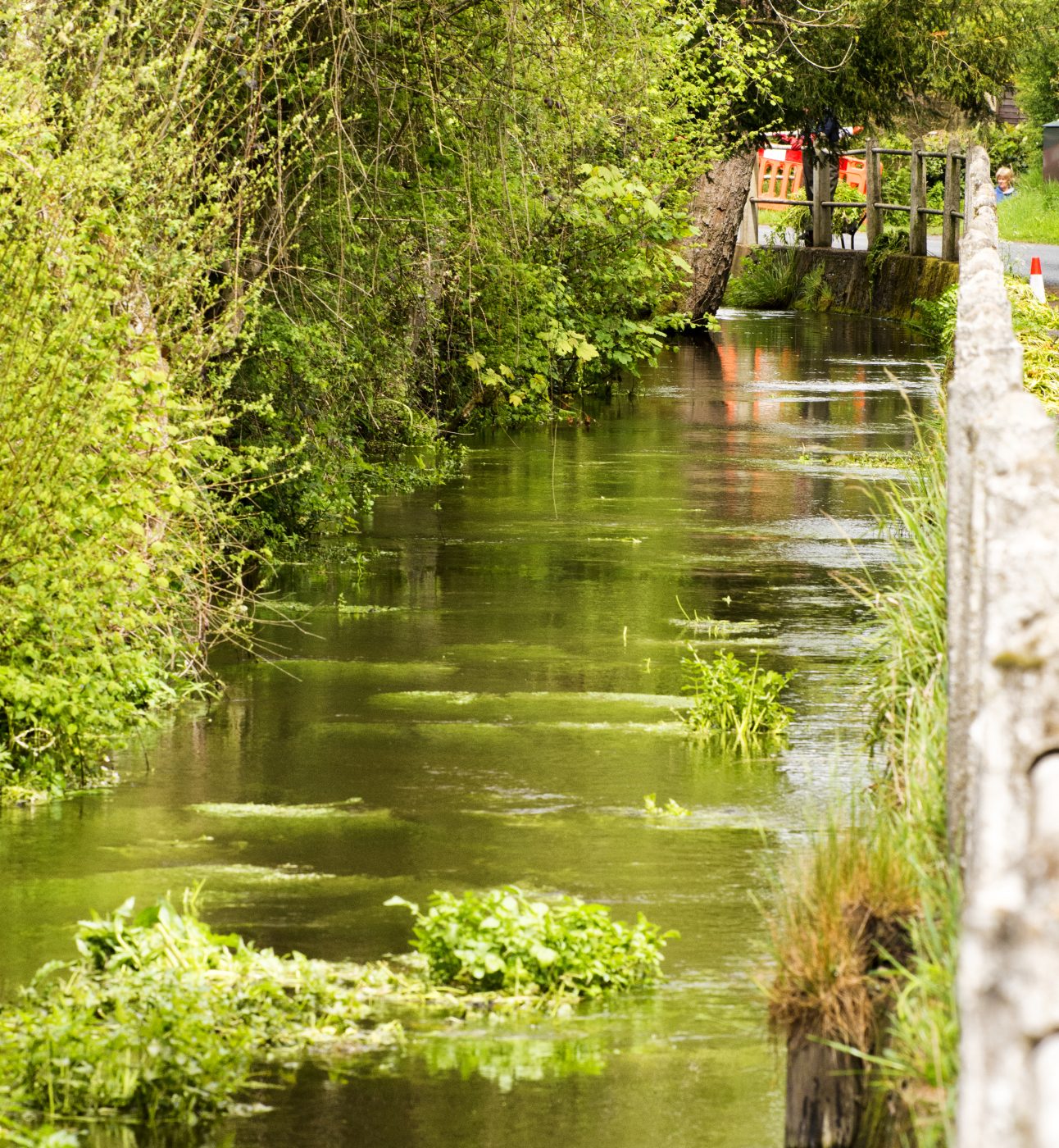
Top facts about chalk streams
Chalk streams are one of the rarest freshwater habitats, many of which are found in England’s National Parks.
The views presented are the author's and not necessarily those of Campaign for National Parks. We are committed to encouraging an open debate about key issues affecting the National Parks. If you are a journalist with a general enquiry or would like to find out more about our campaigns, please email our Senior Communications Officer Harriet at HarrietG@cnp.org.uk
Featured

Chalk streams are one of the rarest freshwater habitats, many of which are found in England’s National Parks.
Featured
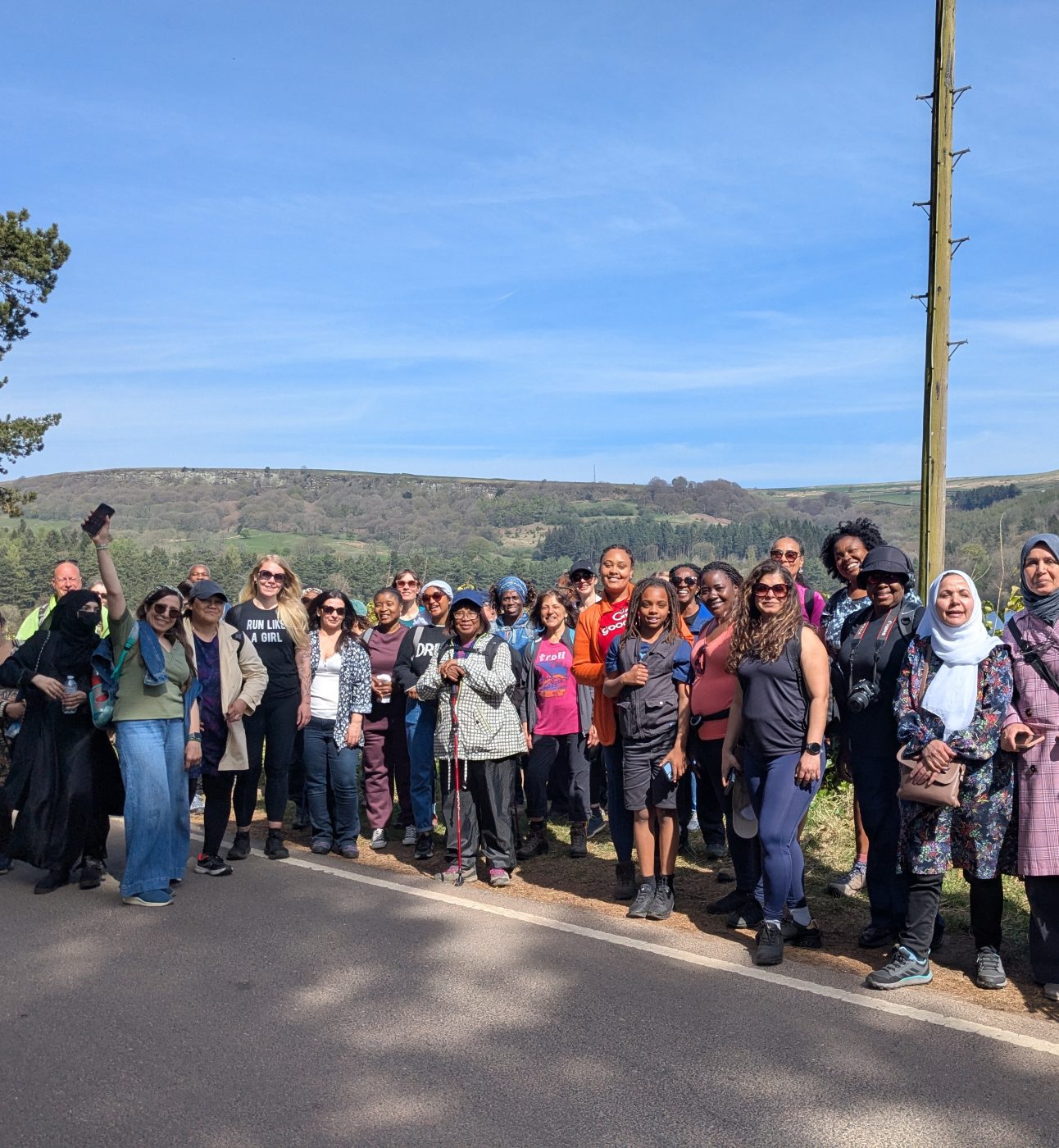
The Championing National Parks for Everyone project from Peak District Mosaic is supporting diverse communities to access these beautiful green spaces.
Featured
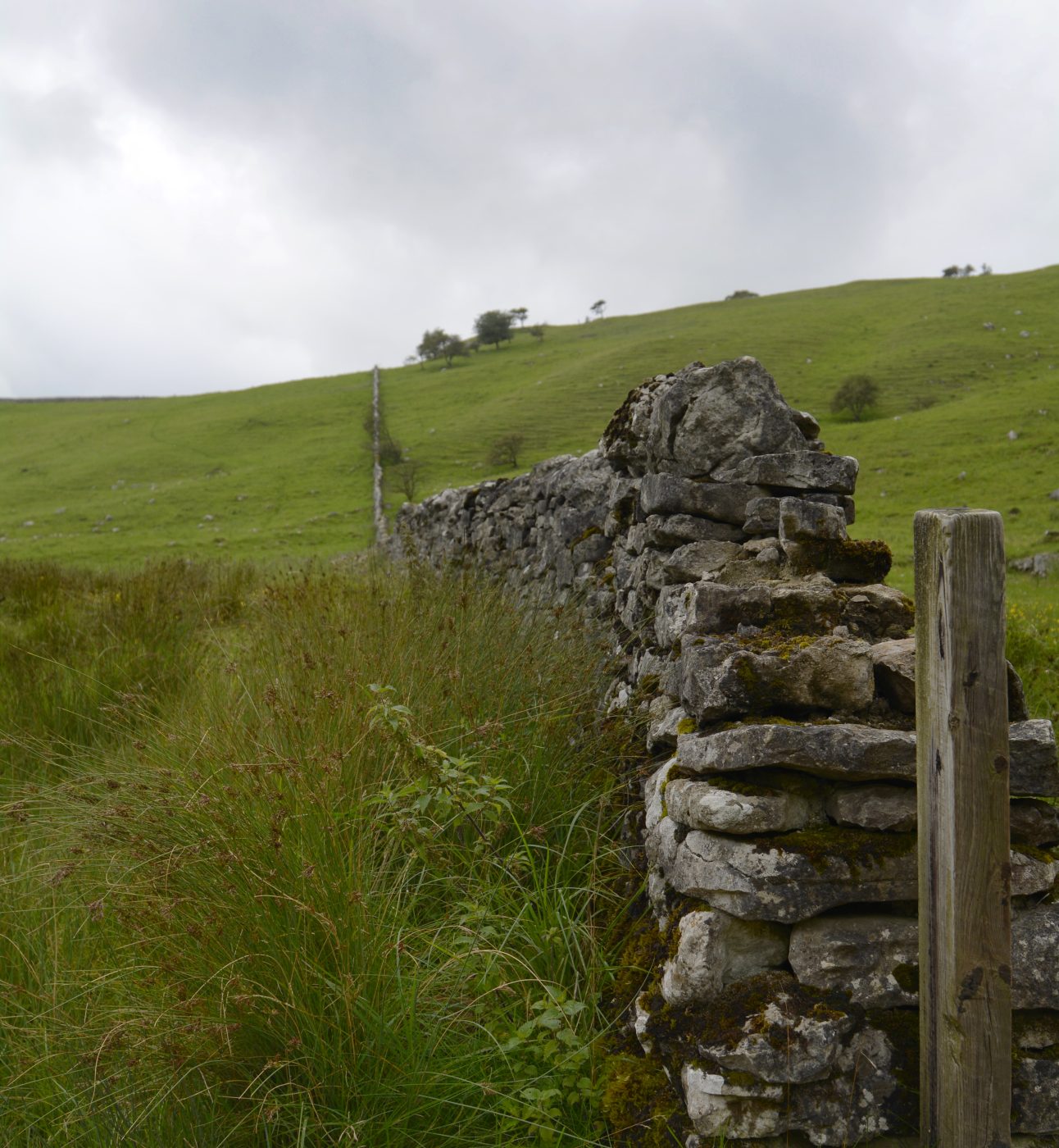
Sarah Whiteley, Senior Historic Environment Officer for the Yorkshire Dales National Park, explores the intersectionality of nature recovery and the historic environment
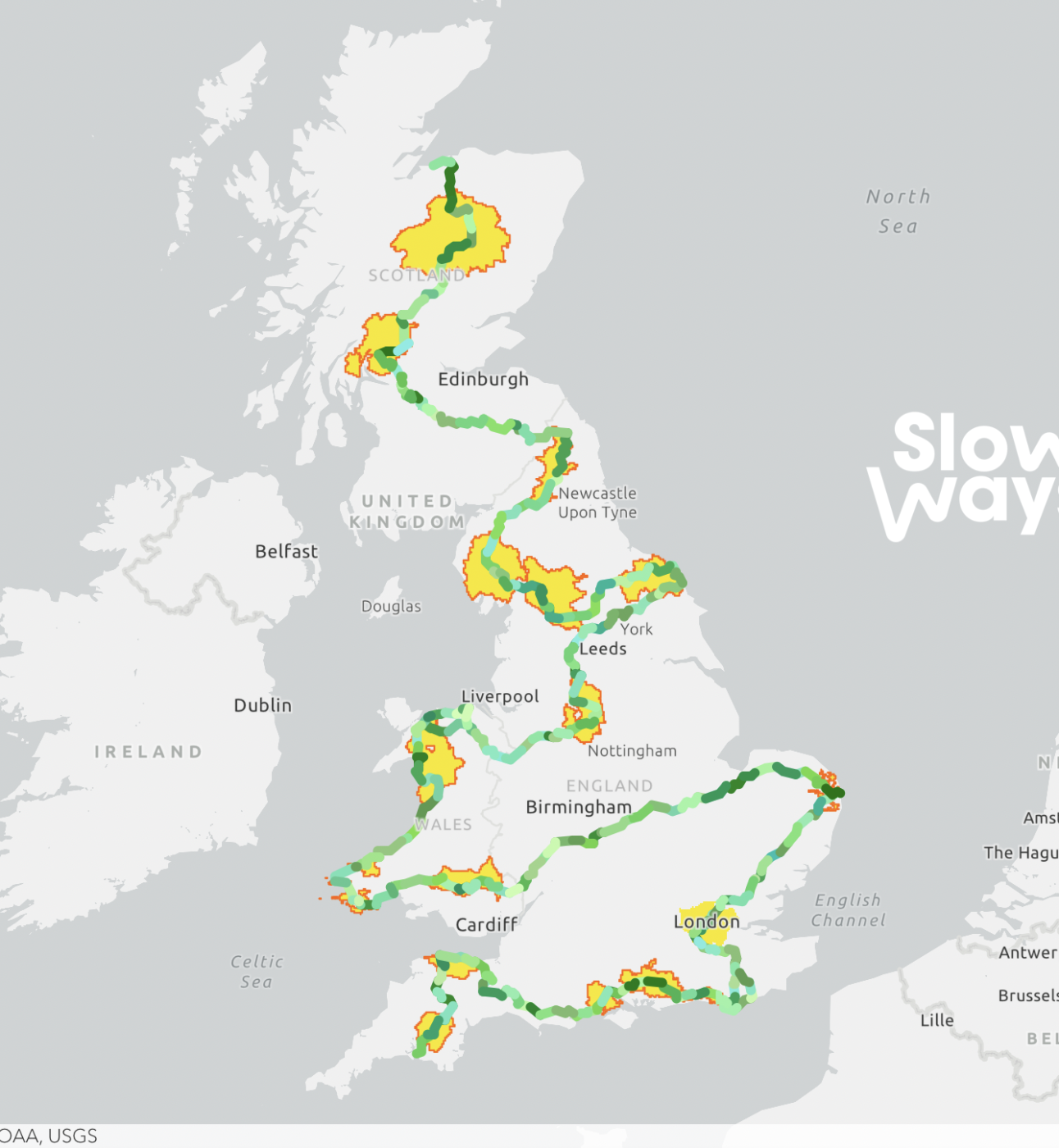
Daniel Raven-Ellison, founder and CEO of Slow Ways, a not-for-profit Community Interest Company, shares a vision for a National Parks Trail and how we can bring it to life.
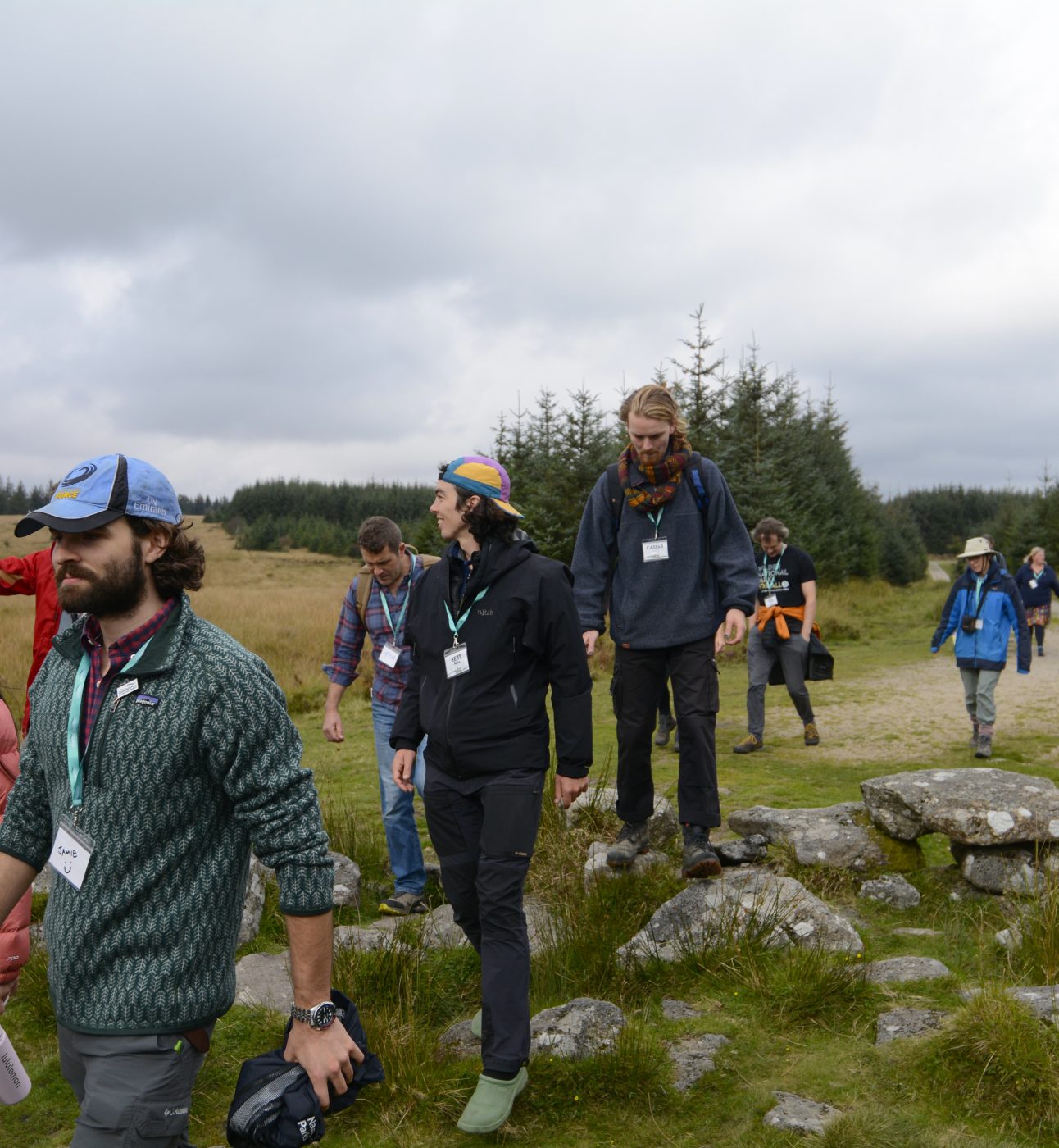
We explore why National Parks are the perfect destination for walking, and how they boost our mental and physical health.
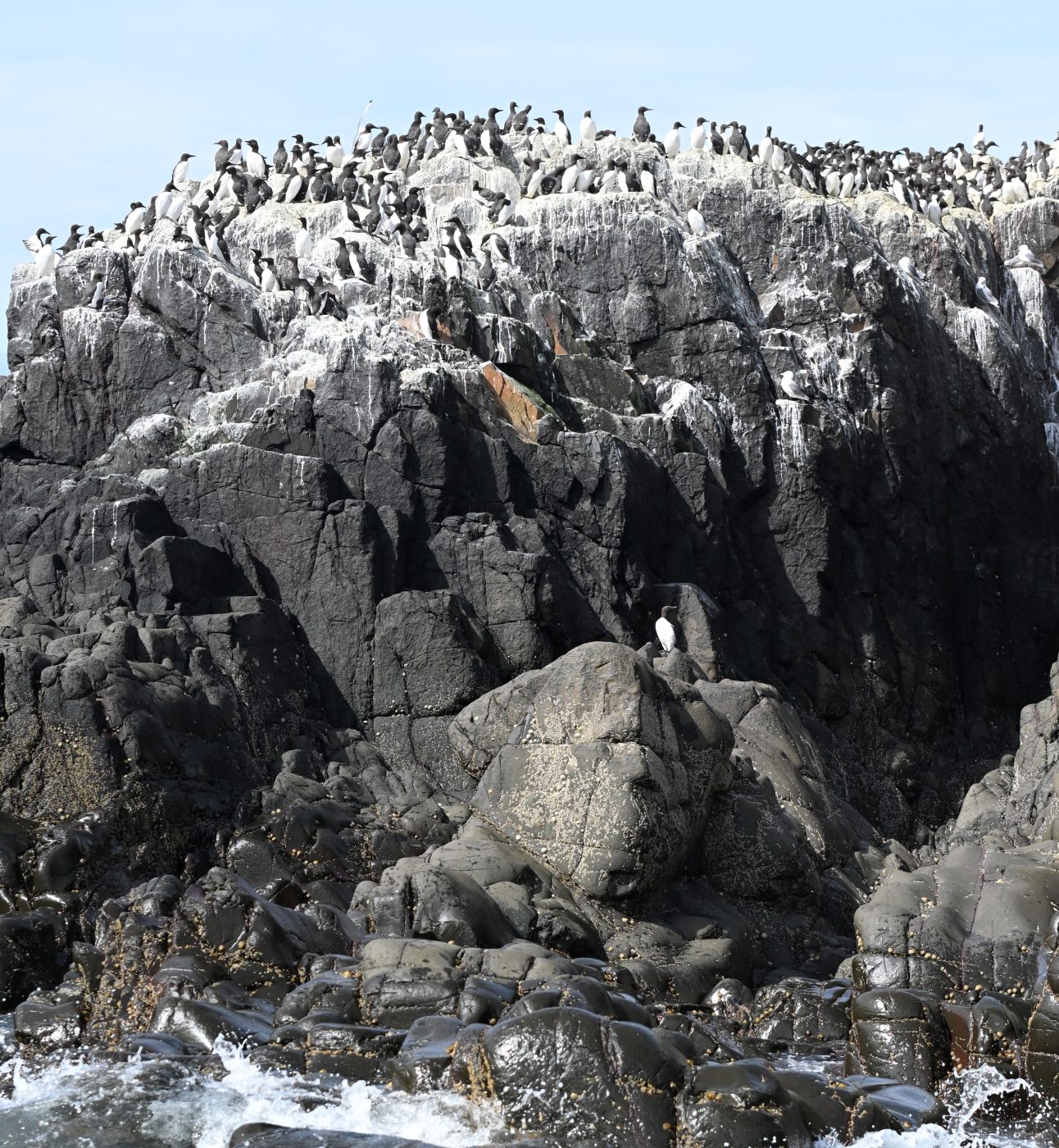
National Marine Park Lead Ffion Mitchell-Langford keeps us up to date on the latest work on National Marine Parks.
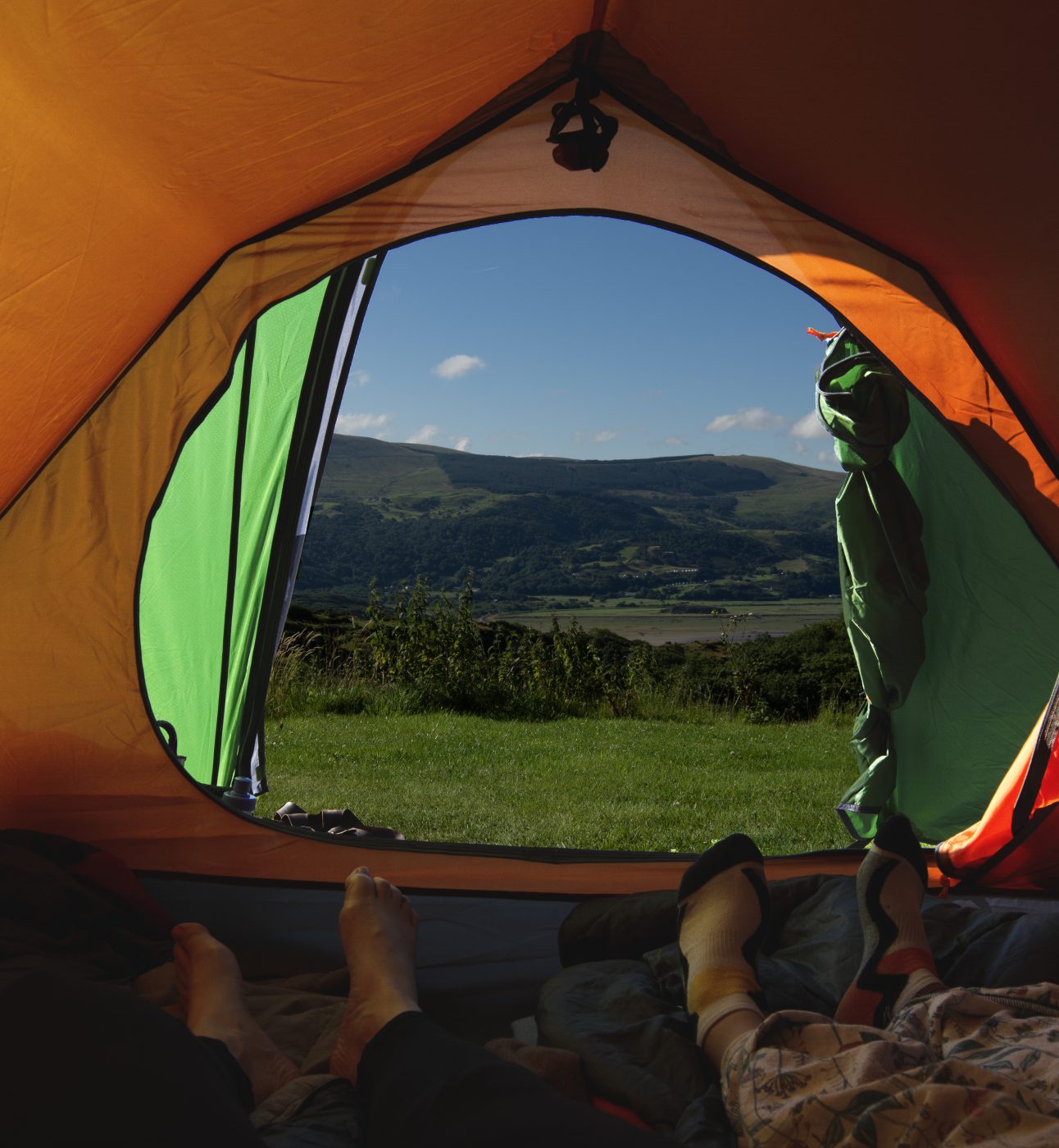
With the right to wild camp on Dartmoor protected, we've put together a beginners guide to keep you safe and informed on your next National Park adventure.
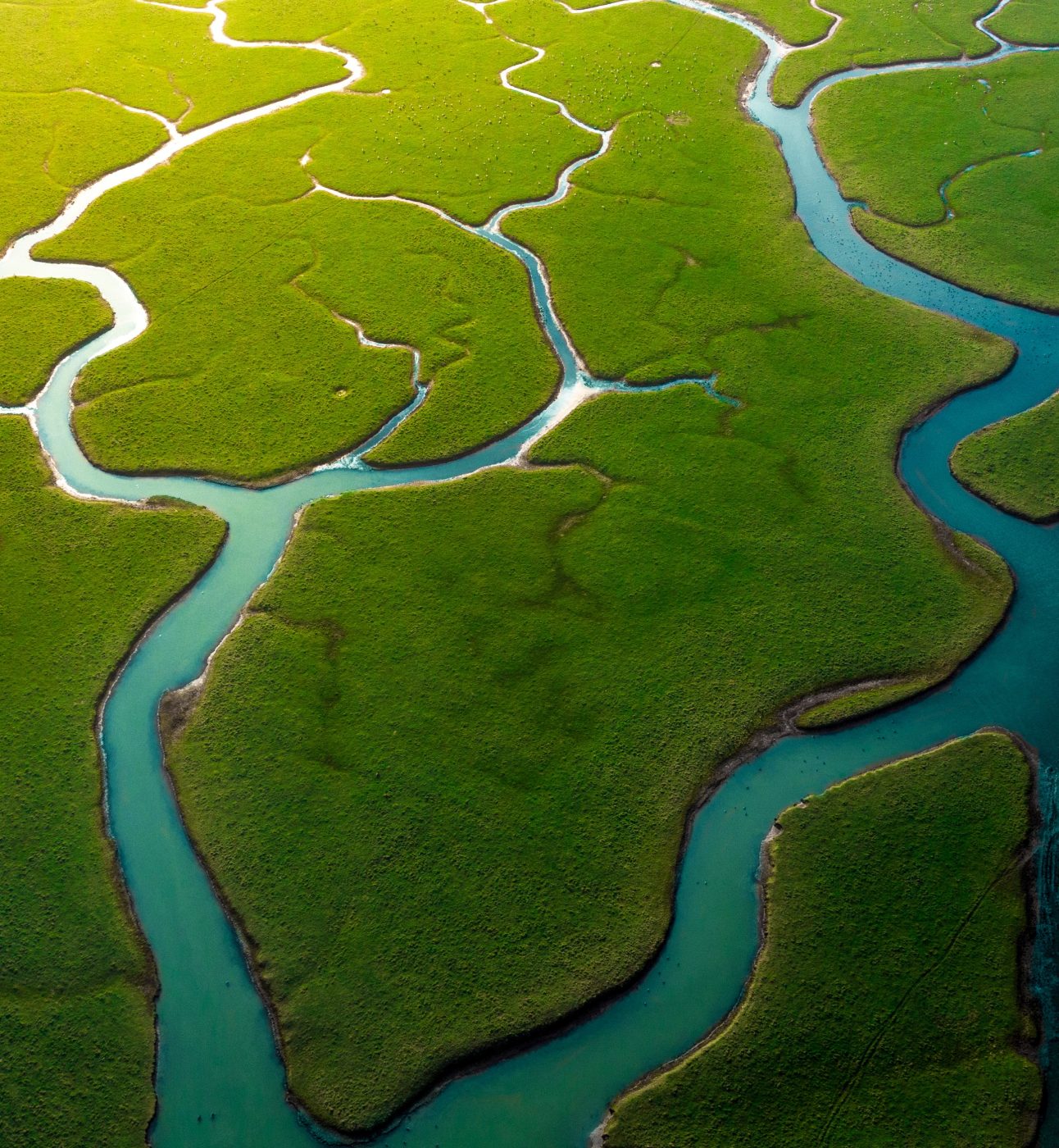
Chief Executive, Rose O’Neill, outlines our response to the Cunliffe Review and the next steps in our water campaign
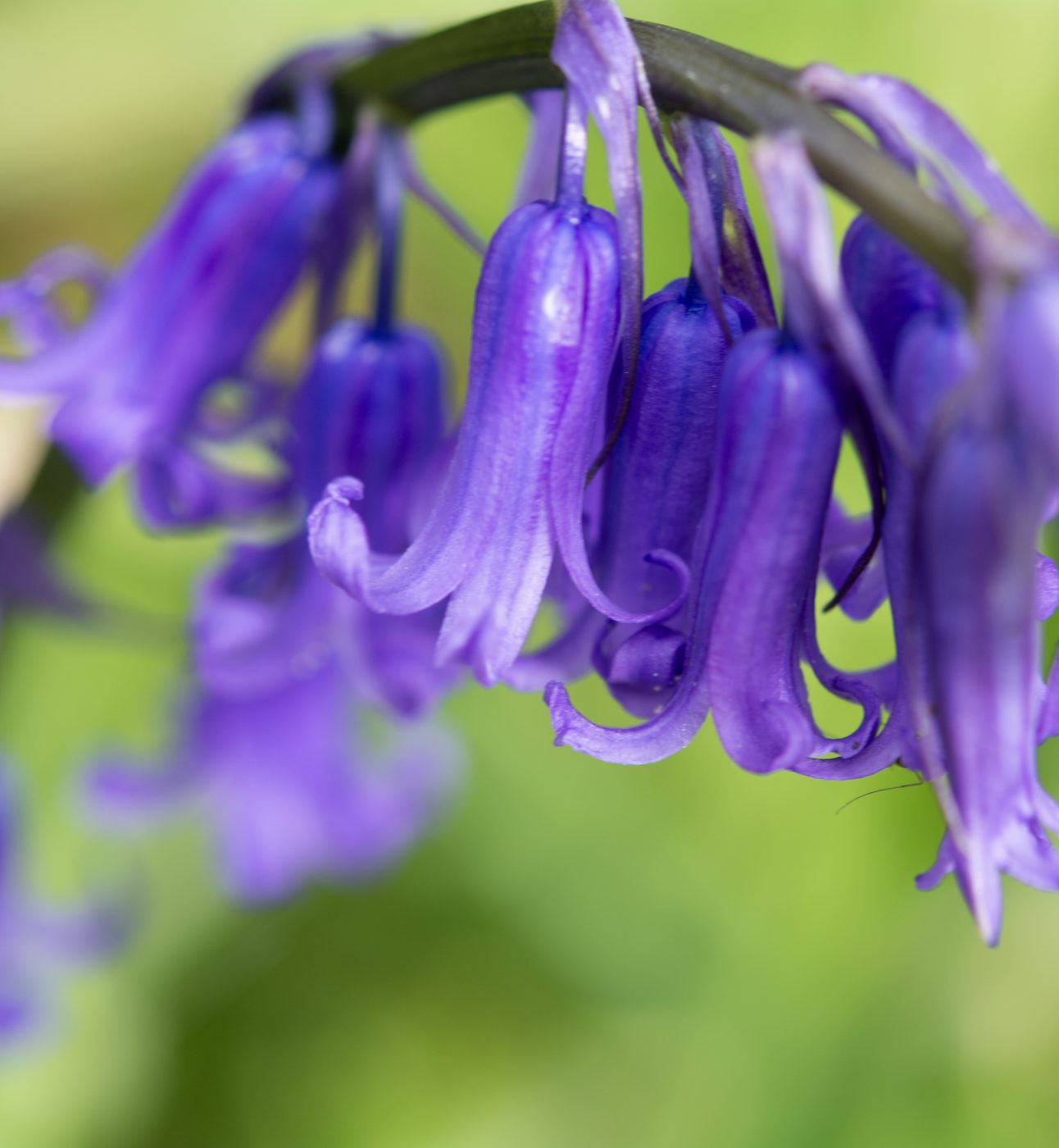
From birds and bats to flowers and plants, discover the wildlife in our National Parks this season.
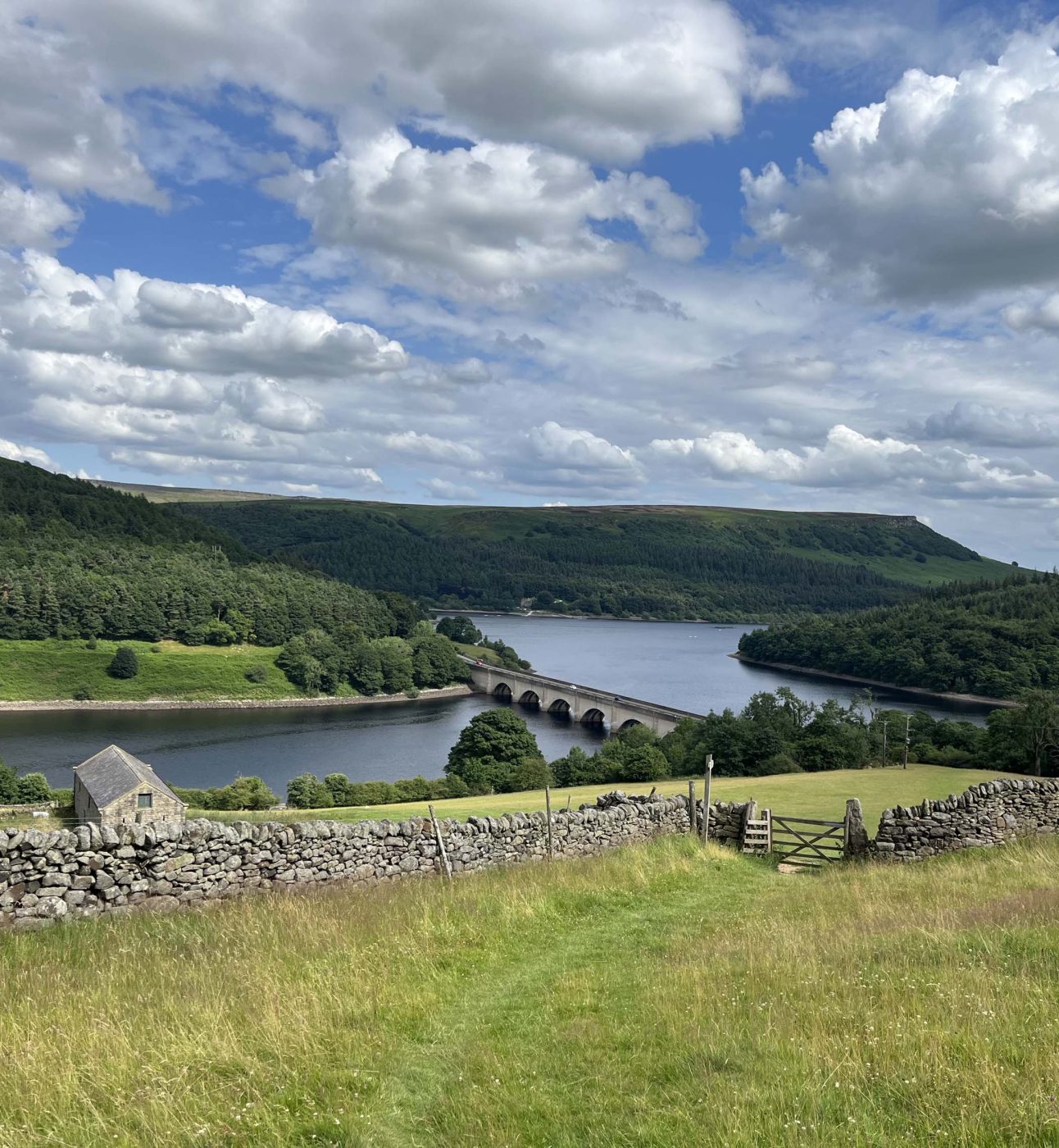
Andrew McCloy on why cutting central support for National Parks risks undermining their specialness - just at a time when we need it most.
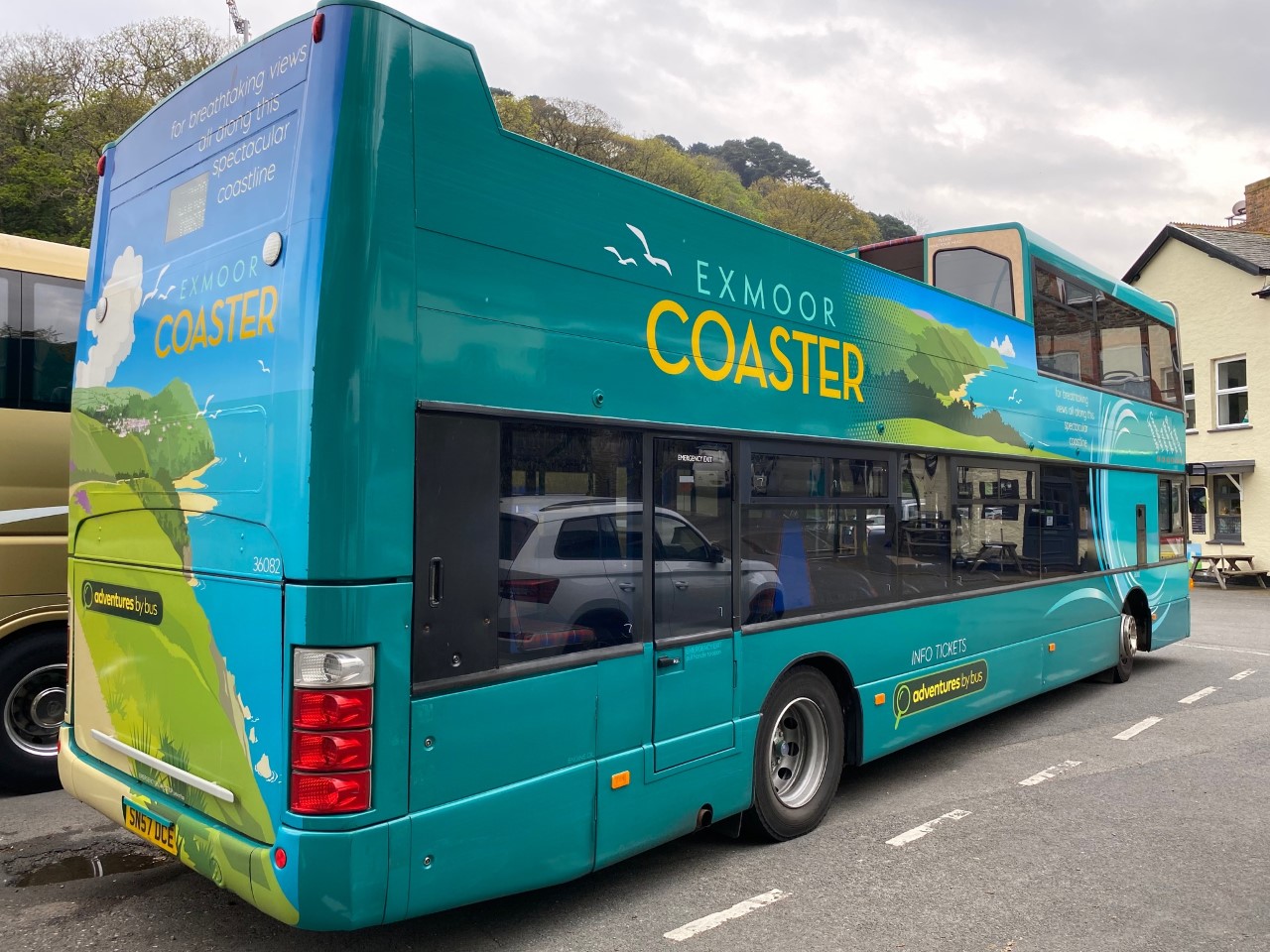
The Department for Transport (DfT) has recently been asking for people’s views on what they could do to make transport better, here are our top 5 views.
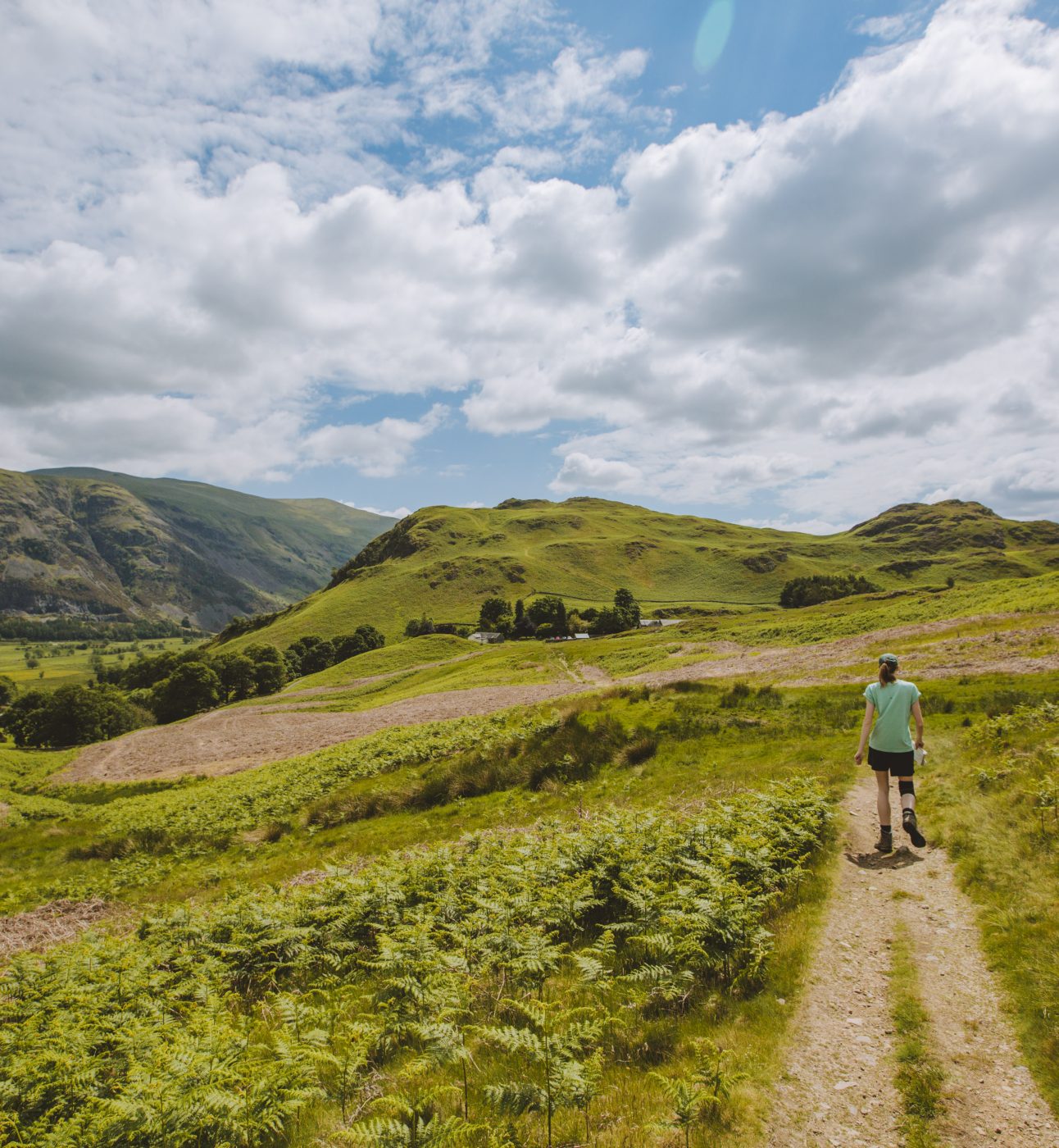
From wildlife to wild swimmers, National Parks give something to all of us. Explore why we need to work together for their future.
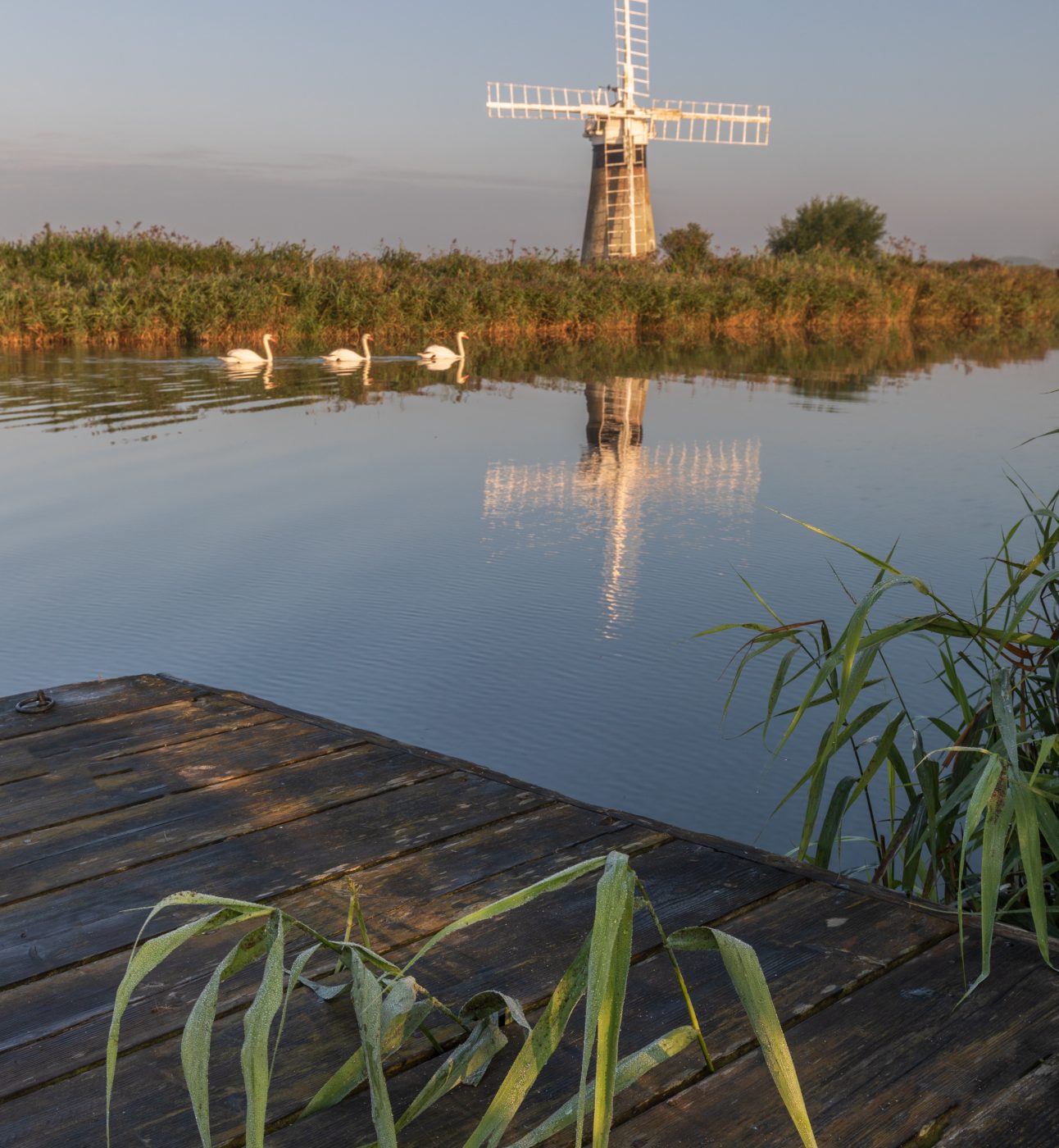
Labour's commitment to economic growth and social justice should recognise the vital role nature-rich National Parks can play in prosperity and community wellbeing.